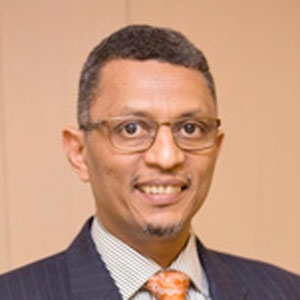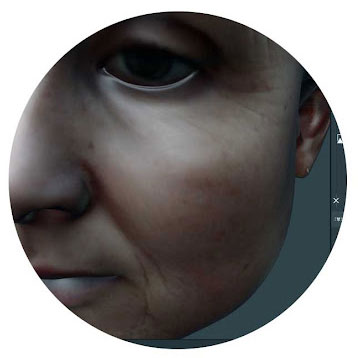Friday, 29 September 2021
All times are CEST
Pilot project presentations: Digital Markers: Making contingent markers with localized wireless networks
Speakers meeting link: https://bit.ly/36uVRwF | Meeting attendants: Facebook live at https://www.facebook.com/designscapesproject/
- 17:30-17:45 Welcome and introduction
(Tillal Eldabi, Surrey Business School) - 17:45-18:15 Presentation of the pilot project
(Elisabeth Wright, CSM) - 18:15-18:30 Q&A and Discussion
- 18:30 End
Our speakers

Tillal Eldabi is a senior lecturer at Surrey Business School (University of Surrey). His research is mostly focusing on developing frameworks for Hybrid Simulation for modelling complex systems with special emphasis on aspects of modelling healthcare systems. In that regard, he developed tailormade modelling packages to support health economists and clinicians to decide on the best treatment programs. He published widely in highly ranked journals and conferences. He gained funding from national and international research councils such as EPSRC (UK), Qatar National Foundations, British Council, and UNDP – all related to modelling healthcare or Higher Education enhancement. His central belief is that technology and people should work together to enhance productivity and sustainability.

Elizabeth Wright is an artist living and working in London. Exhibiting internationally since 1995, working in the public realm she has been commissioned to make both temporary and permanently sited art projects. Collaborating with SPC.org, recent projects ‘Digital Marker’, shift the emphasis to developing community toolkits that enable interested groups to use offline hyperlocal wireless networks for hosting and registering their own histories. Since 2009 she has been the 3D Pathway leader on the BA Fine Art Course at Central St.Martins School of Art UAL. Research into the pedagogy of sculpture and the copy interlinks both her studio and public works. Developing collective 3D experience through computing, her current project ‘FieldN’ is a virtual shared studio space and research project in art education commons.
The Digital Markers prototype project developed and tested a DIY low-cost networking toolkit, featuring an active archiving platform for the recognition of local histories attached to threatened and disappeared sites used by London communities. It presents a production guide for a local wireless network hotspot, hosted in a customisable 3D-printable all-weather case for Raspberry Pi small board computer ready for outdoor installation. The Marker can be used for the co-production of cultural artifacts, making community knowledge publicly visible by mapping the changing conditions of any location.
The project was developed with children, families, friends, and playworkers based at Crumbles Castle an adventure playground in Kings Cross London, UK. The original playground was built by parents and children in 1970 using the cobbles of the local Beaconsfield tenement buildings, known locally as ‘The Crumbles’. Having welcomed generations of children to play, due to the building no longer being compatible with building safety regulations it was returned to the council in 2019 and has since remained closed. ‘The Friends of Crumbles,’ a group of parents, play leaders and residents, have advocated it remain accessible as a community resource and will continue to work together with the council during its repurposing.
The project was structured around a series of intergenerational workshops with different modes of archiving the site’s history and the children’s experiences of the playground by exploring various methods of gathering text/image, voice and spatial materials. As site-recordings this material provided the case study for the Digital Markers user manual on how to guide workshops, assemble the material generated, prepare the equipment to host the collections, customise the all-weather case and register a Digital Marker.
Website: https://digitalmarkers.net/
